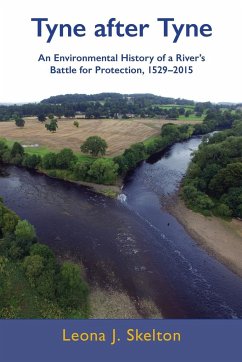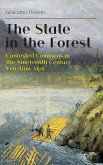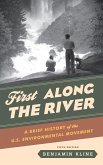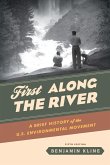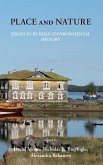PEOPLE AND THE TYNE: 500 YEARS OF NEGOTIATION Over the last five centuries, North-East England's River Tyne went largely with the flow as it rode with us on a rollercoaster from technologically limited early modern oligarchy, to large-scale Victorian 'improvement', to twentieth-century deoxygenation and twenty-first-century efforts to expand biodiversity. Studying five centuries of Tyne conservatorship reveals that 1855 to 1972 was a blip on the graph of environmental concern, preceded and followed by more sustainable engagement and a fairer negotiation with the river's forces and expressions as a whole and natural system, albeit driven by different motivations. Even during this blip, however, several organisations, tried to protect the river's environmental health from harm. This Tyne study offers a template for a future body of work on British rivers that dislodges the Thames as the river of choice in British environmental history. And it undermines traditional approaches to rivers as passive backdrops of human activities. Departing from narratives that equated change with improvement, or with loss and destruction, it moves away from morally loaded notions of better or worse, and even dead, rivers. The book fully situates the Tyne's fluvial transformations within political, economic, cultural, social and intellectual contexts. With such a long view, we can objectify ourselves through our descendants' eyes, reconnecting us not only to our past, but also to our future. Let us sit with the Tyne itself, some of its salmon, a seventeenth-century Tyne River Court Juror, some nineteenth-century Tyne Improvement Commissioners, a 1920s biologist, a twentieth-century Tyne angler, shipbuilder and council planner and some twenty-first-century Tyne Rivers Trust volunteers. Where would they agree and disagree? How would they explain their conceptualisation of what the river is for and how it should be used and regulated? This book takes you to the heart of such virtual debates to revive, reconnect and reinvigorate the severed bonds and flows linking riparian places, issues and people across five centuries.
Hinweis: Dieser Artikel kann nur an eine deutsche Lieferadresse ausgeliefert werden.
Hinweis: Dieser Artikel kann nur an eine deutsche Lieferadresse ausgeliefert werden.

